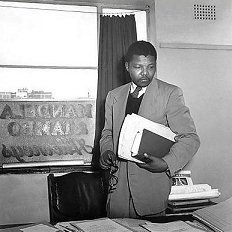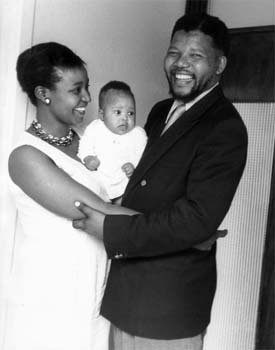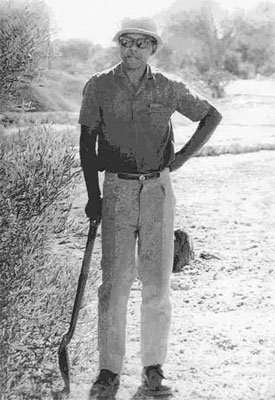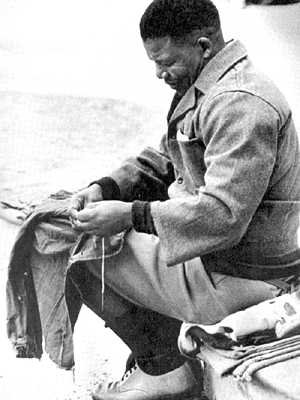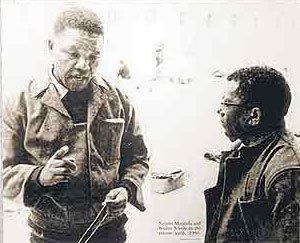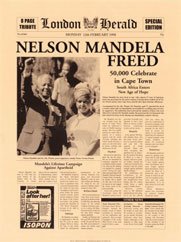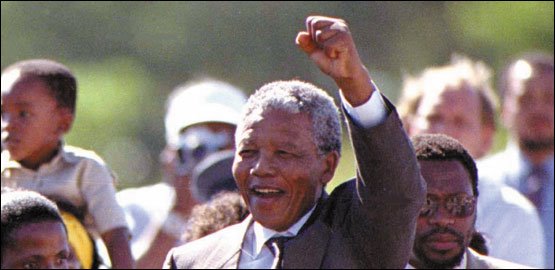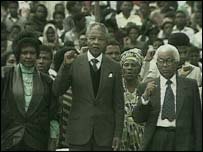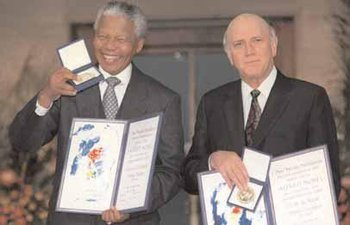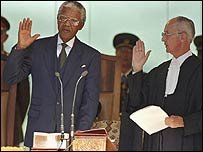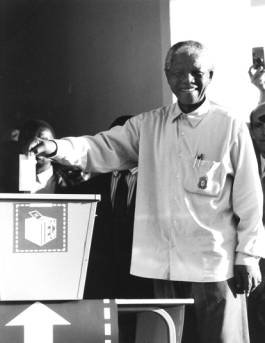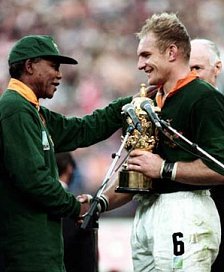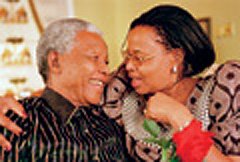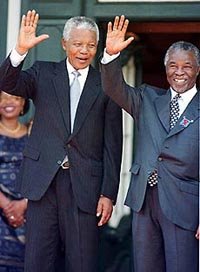It's Up To Africa To Ask For Help Over Zimbabwe
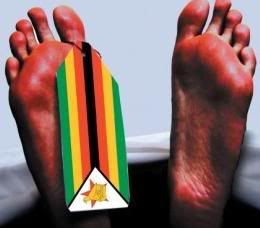 The Archbishop of York, Dr John Sentamu, writes in the Guardian about how "saving Zimbabwe is not colonialism, [but] Britain's duty":
The Archbishop of York, Dr John Sentamu, writes in the Guardian about how "saving Zimbabwe is not colonialism, [but] Britain's duty":In one of his last actions as Prime Minister, Tony Blair visited Africa to defend his 'thoroughly interventionist' foreign policy towards the continent. At the end of his trip, at a press conference with South African President Thabo Mbeki, the Prime Minister admitted that when it came to the issue of Zimbabwe, only local pressure would do the job. 'An African solution,' he said, 'is needed to this African problem.'
Yet... Zimbabwe cannot any more be seen as an African problem needing an African solution - it is a humanitarian disaster....
The time has come for Mr Brown, who has already shown himself to be an African interventionist through his work at the UN in favour of the people of Darfur, finally to slay the ghosts of Britain's colonialist past by thoroughly revising foreign policy towards Zimbabwe and to lead the way in co-ordinating an international response.
The time for 'African solutions' alone is now over...(The Guardian)
Yes, Zimbabwe needs international intervention - but it is up to Africa to invite us in. Until they accept that Mugabe is "the worst kind of racist dictator" and has "enacted an awful Orwellian vision", there is nothing that can be done. As it is, Brown's refusal to even potentially have a "Straw moment" with Mugabe has led to African nations refusing to go to a summit, so how much worse a reaction would be received if he - or any other non-African nation - suggests direct intervention?Yet... Zimbabwe cannot any more be seen as an African problem needing an African solution - it is a humanitarian disaster....
The time has come for Mr Brown, who has already shown himself to be an African interventionist through his work at the UN in favour of the people of Darfur, finally to slay the ghosts of Britain's colonialist past by thoroughly revising foreign policy towards Zimbabwe and to lead the way in co-ordinating an international response.
The time for 'African solutions' alone is now over...(The Guardian)
In this article, Sentamu has a weird argument with regards to colonialism, using it as a basis of both intervening and not intervening in Zimbabwe. He says that "saving Zimbabwe is not colonialism, [but] Britain's duty", that "the time has come for Mr Brown... to slay the ghosts of Britain's colonialist past by thoroughly revising foreign policy towards Zimbabwe and to lead the way in co-ordinating an international response" and also that "Britain needs to escape from its colonial guilt when it comes to Zimbabwe." All of these cannot be true. I don't think that Britain's colonialist history is anything to be ashamed of or to feel guilty for. To start with, it happened in a different time and culture, and we were by no means the worst perpetrators of the bad aspects. If anything, we should feel more guilty for ending colonialism in much of Africa when we did than for doing it in the first place.
When it comes down to it, I think that we do need into intervene in Zimbabwe, but in the current political climate, we can't until Africa - or at least much of Africa - asks for us to do so. Whilst they stand beside Mugabe and his dying Zimbabwe, there is nothing that the rest of the world can do. Zimbabwe may not be a problem that Africa alone can fix, but no-one else can do anything to help until Africa asks for it.







